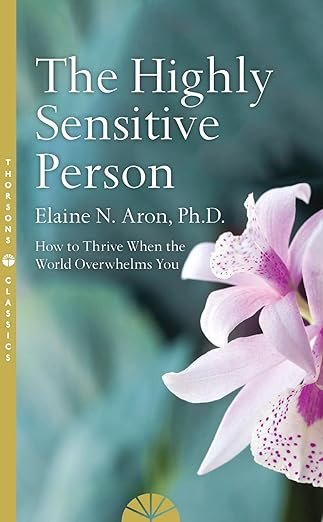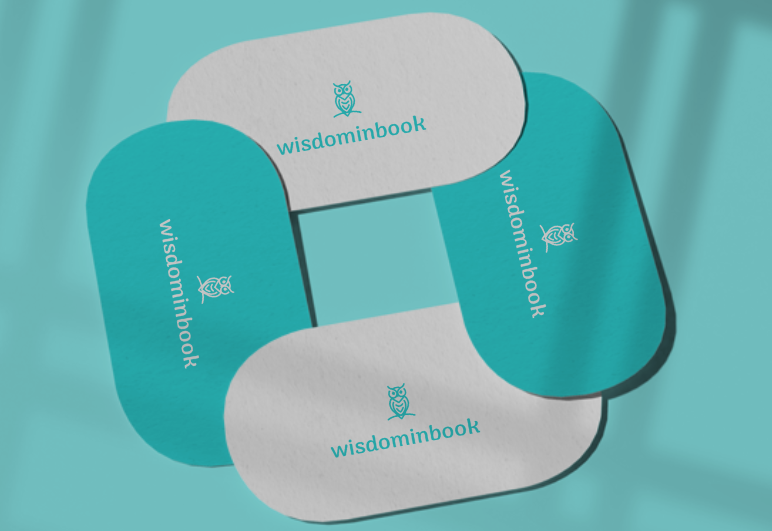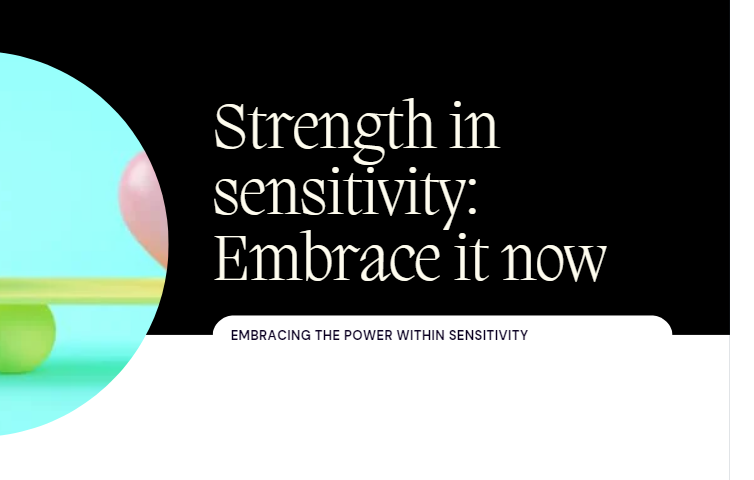Introduction: The Highly Sensitive Person
In a world that seems to be constantly moving at breakneck speed, this book “The Highly Sensitive Person” helps in being a highly sensitive person (HSP) that can often feel overwhelming. The barrage of sensory input, emotional stimuli, and social interactions can leave HSPs feeling drained and stressed.
However, being highly sensitive is not a curse; it is a unique trait that comes with its own set of strengths. With the right strategies, HSPs can not only survive but thrive. This blog post explores the nature of high sensitivity and offers practical tips for navigating the world as an HSP.
When I first stumbled upon Dr. Elaine Aron’s book, “The Highly Sensitive Person: How to Survive and Thrive When the World Overwhelms You,” it felt like a revelation. For years, I had grappled with feelings of being different, often overwhelmed by situations that others seemed to handle with ease. Reading this book was like finding a mirror that reflected my inner world, providing clarity and validation for my experiences. Here’s why I relate so deeply to this book:

A Lifelong Journey of Understanding
Growing up, I always felt more affected by my surroundings than my peers. Loud noises, bright lights, and crowded places would leave me feeling exhausted and anxious. I often needed more time alone to recharge, which sometimes made me feel isolated or misunderstood. Dr. Aron’s book “The Highly Sensitive Person” helped me understand that these traits are not flaws but part of being a highly sensitive person (HSP).
Emotional Intensity and Empathy
One of the key aspects of being an HSP is experiencing emotions more intensely. This resonated with me profoundly. I’ve always been deeply moved by music, art, and even the emotions of those around me. While this has allowed me to connect deeply with others and appreciate the beauty in the world, it has also meant that I feel stress and conflict more acutely. Dr. Aron’s insights into managing these intense emotions have been invaluable in helping me navigate my relationships and maintain emotional balance.
The Struggle with Overstimulation
Before reading the book “The Highly Sensitive Person”, I often felt overwhelmed by the sheer volume of sensory input in daily life. Busy environments, multitasking, and constant social interactions would leave me drained. Dr. Aron’s practical strategies for managing overstimulation have been a game-changer. Learning to create calming environments, taking regular breaks, and practicing mindfulness has significantly improved my ability to cope with the demands of modern life.
Embracing My Sensitivity as a Strength
Perhaps the most empowering aspect of Dr. Aron’s book “The Highly Sensitive Person” is the emphasis on viewing high sensitivity as a strength rather than a weakness. For a long time, I saw my sensitivity as a burden, something that made me less capable or resilient. The book “The Highly Sensitive Person” helped me shift my perspective, recognizing that my sensitivity allows me to notice details, connect deeply with others, and experience life in a richly nuanced way. Embracing this trait has allowed me to leverage it in my personal and professional life, turning what I once saw as a disadvantage into a unique asset.
Finding Community and Validation
Reading “The Highly Sensitive Person” also connected me with a community of like-minded individuals who share similar experiences. Knowing that I’m not alone and that there are others who understand the challenges and joys of being an HSP has been incredibly comforting. This sense of community has provided a support system where I can share my experiences and learn from others.
Understanding High Sensitivity
High sensitivity is a personality trait identified by psychologist Dr. Elaine Aron in the 1990s. According to her research, about 15-20% of the population are highly sensitive. This trait is characterized by a deeper processing of sensory information, a strong emotional response to stimuli, and a high degree of empathy. HSPs tend to notice subtleties in their environment that others may miss, and they often feel emotions more intensely.
Embracing Your Sensitivity
Acknowledge Your Sensitivity: The first step to thriving as an HSP is to acknowledge and accept your sensitivity. It’s not something to be ashamed of or to hide. Understanding that your sensitivity is a part of who you are can help you to navigate the world with greater self-compassion.
Educate Yourself: Learn more about high sensitivity. Dr. Elaine Aron’s book, “The Highly Sensitive Person,” is an excellent resource. Understanding the science and psychology behind your sensitivity can provide valuable insights and help you feel less alone.
Practical Strategies for Thriving
Create a Calming Environment: Since HSPs are more sensitive to sensory input, it’s essential to create a soothing environment. This could mean decorating your living space with calming colors, using soft lighting, and minimizing noise. Your home should be a sanctuary where you can retreat and recharge.
Practice Self-Care: Regular self-care is crucial for HSPs. This includes getting enough sleep, eating a balanced diet, and engaging in regular physical activity. Activities like yoga, meditation, and deep-breathing exercises can help to calm your mind and reduce stress.
Set Boundaries: Learn to say no to activities and people that drain your energy. It’s important to protect your emotional and physical well-being by setting boundaries. Prioritize your needs and make time for activities that nourish your soul.
Manage Overstimulation: Identify situations that overwhelm you and develop strategies to manage them. This might involve taking breaks during social events, using noise-canceling headphones in noisy environments, or finding a quiet place to decompress when you’re feeling overwhelmed.
Cultivate Supportive Relationships: Surround yourself with people who understand and respect your sensitivity. Supportive friends and family can provide a safe space for you to express your feelings and recharge.
Leveraging Your Strengths
Empathy and Compassion: HSPs often have a high degree of empathy, which can be a powerful asset in personal and professional relationships. Use your empathy to build deep, meaningful connections with others.
Creativity: Many HSPs are highly creative. Channel your sensitivity into creative pursuits like writing, painting, music, or any other form of artistic expression. This can be a fulfilling way to process your emotions and share your unique perspective with the world.
Attention to Detail: Your ability to notice subtle details can be an advantage in many fields, from the arts to science to business. Use this skill to excel in your chosen career and to enhance your personal life.
Conclusion
Being a highly sensitive person comes with its own set of challenges, but it also comes with unique strengths. By understanding and embracing your sensitivity with this book “The Highly Sensitive Person” you can get help creating a supportive environment, and leveraging your natural abilities, you can thrive in a world that often feels overwhelming. Remember, your sensitivity is a gift that allows you to experience the world in a rich, nuanced way. Embrace it, nurture it, and let it guide you to a fulfilling life.
Buy Now “The Highly Sensitive Person”Read book summary on self discovery and Personal development
You can read more blog on this site >>>>>

